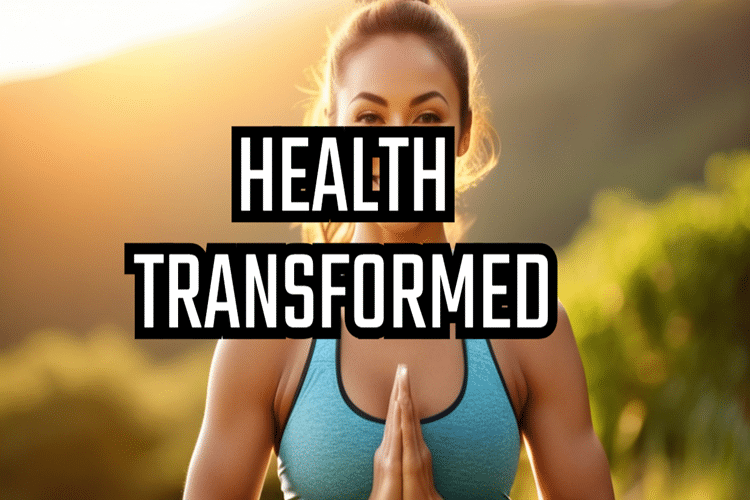
How to Fix Hormone Imbalance for Women’s Health
When you think about PMS or Premenstrual Syndrome, you might first think that it is all about hormones, but really there is a lot more at play.
Hormones are just one part of the story.
Table of Contents
But first, what exactly is PMS?
PMS or Premenstrual Syndrome is a combination of symptoms many menstruators have right before their period.
Most menstruators have some form of PMS and these can be physical or emotional symptoms. And women in their 30s and 40s are the most likely people to have worsening symptoms of PMS.
The physical symptoms can include cramping, headaches, bloating, tender breasts, and constipation. And the emotional symptoms of PMS include irritability, anxiety, stress, gloominess, and mood swings.
PMS occurs after ovulation and before the start of their menstrual period. Researchers think that PMS happens right after ovulation because the progesterone and estrogen hormone levels start to drop. And then the symptoms of PMS start to dissipate when the hormone levels begin to surge.
So hormones are a part of PMS?
Yes, they are a part of the ups and downs of a woman’s premenstrual syndrome, but they’re just one part of the story behind PMS.
New scientific research shows that while hormones indicate the timing of PMS, they are not the underlying cause behind the physical and emotional symptoms. There’s actually a study where menstruators who experience severe PMS symptoms and those on the opposite side with no symptoms, don’t have a difference in their hormone levels (Biggs, 2011).
A new theory has emerged that posits that glucose metabolized in the brain and triglycerides are the cause of the ups and downs of at least the emotional symptoms of PMS.
In a study from 2015, scientists saw an abnormally large spike in glucose in the cerebellum when women were experiencing PMS. And then, for the women who don’t experience PMS, there was no glucose spike (Liu, 2015).
What does Glucose with PMS really mean?
With a spike in glucose in the brain, it means that there is a need for more energy. And when the cerebellum doesn’t get enough glucose, this is when one experiences anxiety and mood swings which are exactly what happens during PMS (Schmahmann, 2019).
So during PMS, the brain requires more energy to properly function, and if it doesn’t get all the energy it needs it goes into the anxious, mood swinging, PMS mode. Thus, it’s necessary to bring more energy to the brain during this time of the month.
OAA might be the solution
OAA or oxaloacetate supplementation interacts with PMS in a way that helps support glucose in the brain.
As part of the Krebs Cycle, OAA is a crucial component in how our cells turn glucose into the energy they need.
GABA is a neurotransmitter found in the brain and its primary function is to help with anxiety and elevate mood. At the same time, there is another neurotransmitter, glutamine, that when in excess in the brain causes over-excitement of the brain cells, and scientists discovered that menstruators with severe PMS don’t have as much activation of the GABA system during the time leading up to menstruation (Liu, 2015).
So in a study from 2014, scientists discovered that OAA supplements support the brain’s ability to bring itself into balance, regulating GABA and glutamate levels effectively to support healthy brain function.
Where can you find OAA Supplements?
Oxaloacetate is notoriously hard to keep stable, but there’s finally a new OAA supplement that accomplishes just that. The biotech company, Terra Biological, developed Jubilance for PMS, a supplement with OAA to support the regulation of glucose in the brain during PMS (Tully, 2020).
This OAA supplement is the first of its kind and clinically proven in two double-blind, placebo-controlled, cross-over designs, and peer-reviewed studies which saw an improvement in PMS-related anxiety and gloominess by over 50%.
Hormones are just part of the narrative of how to help women with their symptoms of PMS. Luckily, there is now a solution with clinical trials behind it.






